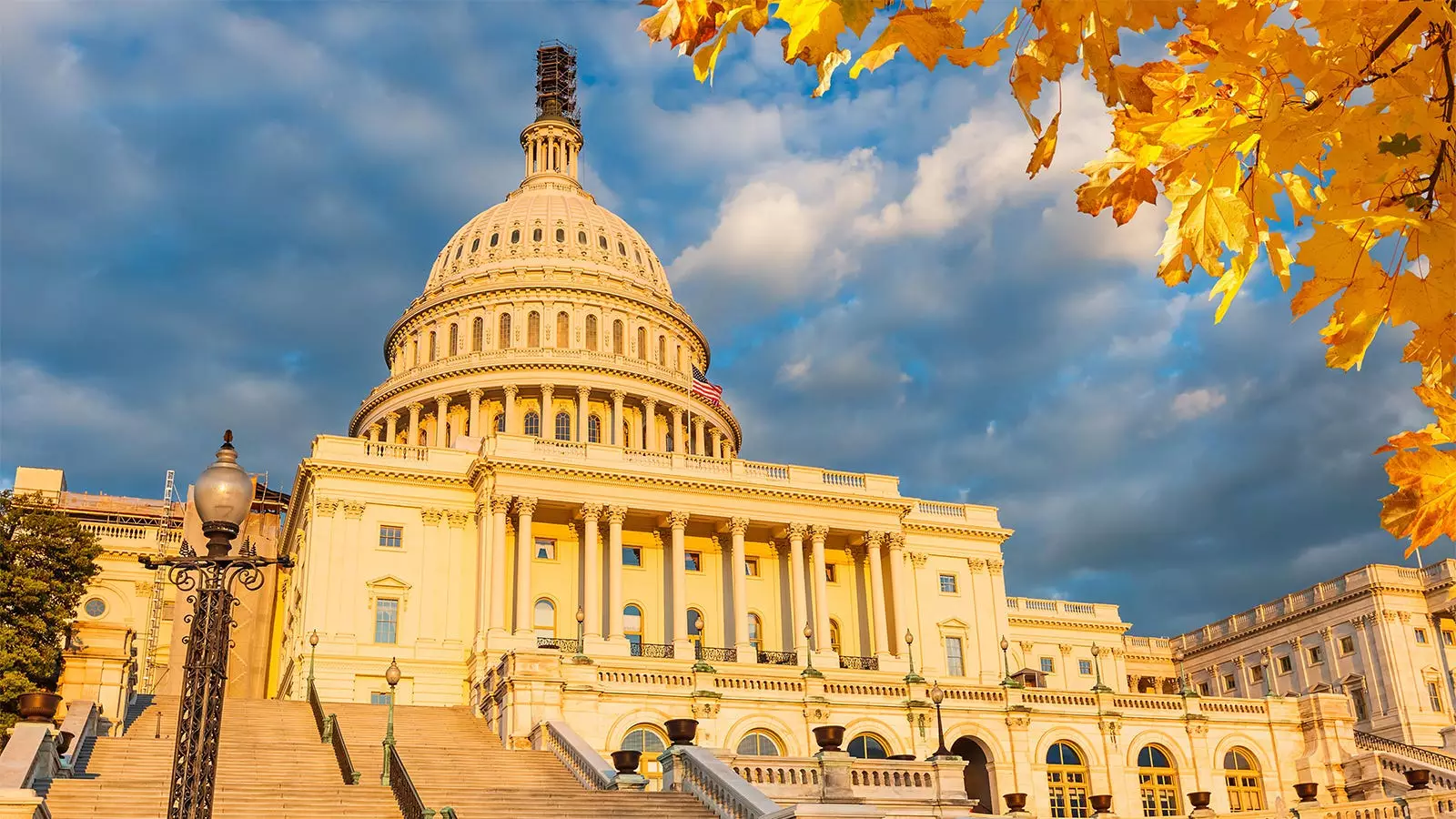The landscape of healthcare in the United States is at a critical juncture, particularly with the ongoing challenges associated with the Medicare Physician Fee Schedule (MPFS). A bipartisan coalition in the House of Representatives recently highlighted the urgency of addressing proposed cuts to the MPFS, emphasizing that these reductions threaten not only the livelihood of healthcare providers but also the overarching quality and accessibility of patient care. In a letter addressed to House leaders, 233 House members called for immediate action to reverse a proposed 2.8% cut—which is set to take effect on January 1, 2025—along with legislative solutions to prevent such cuts in the future.
This mounting concern is not without precedent; the current proposal marks the fifth consecutive year that the Centers for Medicare & Medicaid Services (CMS) has aimed to reduce the fee schedule. As these reductions become an annual expectation rather than an anomaly, medical providers are feeling the squeeze more acutely, prompting them to make tough choices that could ultimately compromise patient care.
The ramifications of these cuts extend far beyond fiscal figures. As outlined in the letter, the continuous downward pressure on Medicare payments forces medical practices to impose hiring freezes, delay critical system improvements, and potentially eliminate vital services. Such decisions not only affect healthcare providers but have a cascading effect on patient access to quality care and the overall functionality of the healthcare system.
According to the letter, Medicare payments, when adjusted for inflation over the past two decades, have dropped by a staggering 29%. This statistic lays bare the financial hurdles that physicians face today, particularly as they navigate the complexities of maintaining a viable practice while simultaneously ensuring high-quality patient outcomes. The complaints extend further into the administrative realm, where compliance with the Merit-based Incentive Payment System (MIPS) is cited as both costly and ineffective, leading to unfair penalties for medical practices striving to measure and improve their quality of care.
The Call for Comprehensive Reform
In light of these challenges, the letter calls for not just an inflationary adjustment to payment rates but also broader systemic reforms to address the fundamental issues plaguing the MPFS. Key recommendations include raising the budget neutrality threshold to reflect current economic realities, ensuring regular reviews of practice expenses by CMS, and imposing limits on annual changes to the MPFS conversion factor to create a more predictable and stable financial environment for healthcare providers.
Physician advocacy groups have praised this initiative, seeing it as a significant step towards meaningful legislative reform. Dr. Deborah Dyett Desir, president of the American College of Rheumatology, articulated a widespread sentiment among medical professionals: “The time for change is now—enough is enough.” Such urgency reflects a growing consensus in the medical community that addressing these fiscal challenges should take priority over partisan gridlock.
With the upcoming election on the horizon, the stakes have never been higher for Congress to act decisively in response to these challenges. Rather than allowing the system to stagnate under the weight of inaction, leaders have an opportunity to forge bipartisan consensus around vital reforms that will benefit both practitioners and patients alike.
Dr. Bruce Scott, president of the American Medical Association, encapsulated this sentiment, noting that the current situation presents a unique opportunity for legislative progress. The acknowledgment of a broken payment system paired with a pressing need for reform signals that healthcare funding must become a priority issue in upcoming congressional decisions.
As this issue continues to unfold, it is clear that addressing the flaws within the MPFS is not just a matter of sustaining physician practices; it is about safeguarding the foundation of American healthcare itself. Ensuring that healthcare providers receive fair compensation for their services is crucial to maintaining an accessible, high-quality healthcare system for all Americans. Congress’s decisive action in this area could mean the difference between a thriving healthcare environment and one fraught with challenges and barriers to care. The time for change is indeed now.



Leave a Reply